Entry Category: Government and Politics
Dunn, Poindexter
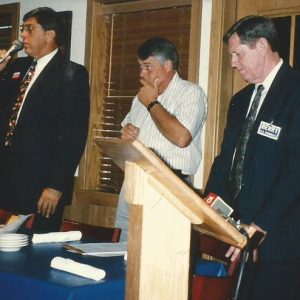 Dupwe vs. Berry
Dupwe vs. Berry
Duwali
aka: Bowl
aka: Bowles
Dyess (Mississippi County)
aka: Dyess Colony Resettlement Area
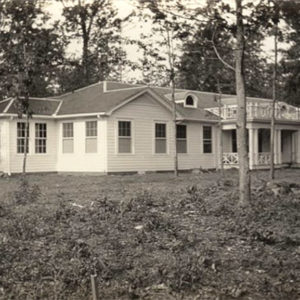 Dyess Hospital
Dyess Hospital
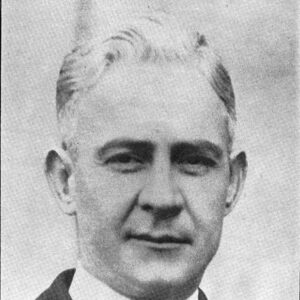 W. R. Dyess
W. R. Dyess
Dyess, William Reynolds
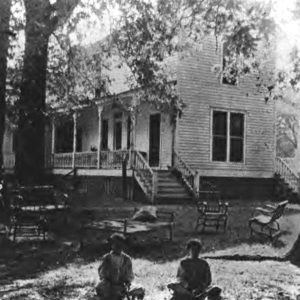 Eagle House
Eagle House
Eagle-Booe Feud
Eagle, James Philip
Eakin, Jno
aka: John Rogers Eakin
Eastham, Alan, Jr.
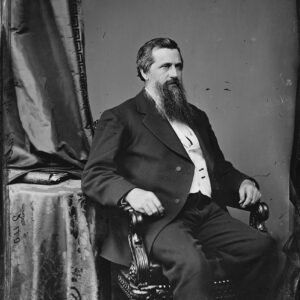 John Eaton
John Eaton
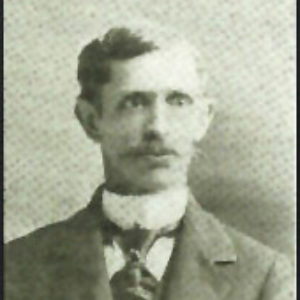 H. S. Edington
H. S. Edington
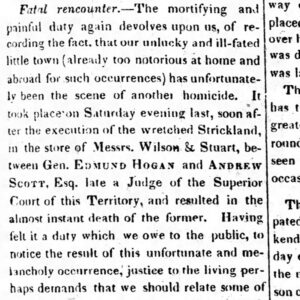 Edmund Hogan Death Story
Edmund Hogan Death Story
Education Reform
Edwards, John
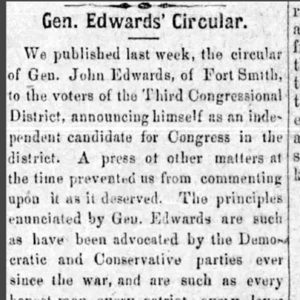 John Edwards Endorsement
John Edwards Endorsement
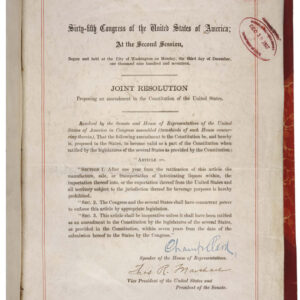 Eighteenth Amendment
Eighteenth Amendment
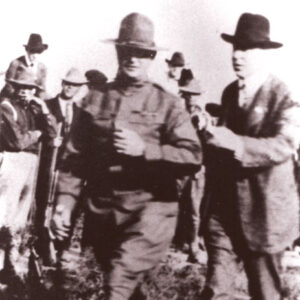 Elaine Massacre Aftermath
Elaine Massacre Aftermath
Elaine Massacre of 1919
aka: Elaine Race Riot of 1919
aka: Elaine Race Massacre
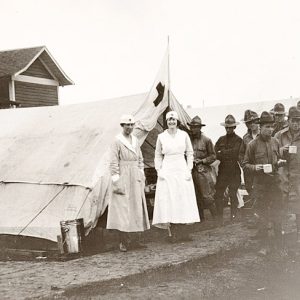 Elaine Nurses
Elaine Nurses
Elders, Joycelyn
aka: Minnie Lee Jones
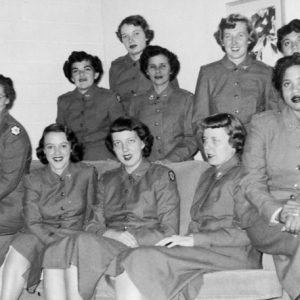 Joycelyn Elders
Joycelyn Elders
 Joycelyn Elders
Joycelyn Elders
Election Fraud
Election Law of 1891
Elections during the Civil War
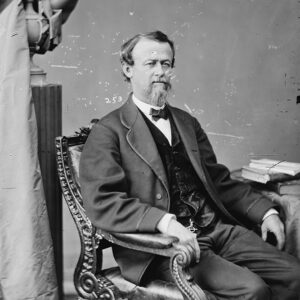 James T. Elliott
James T. Elliott
Elliott, James Thomas
 Joyce Elliott
Joyce Elliott
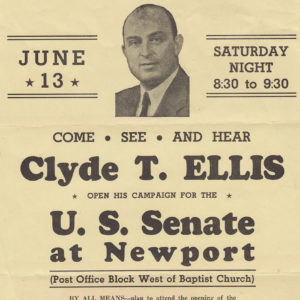 Ellis Broadside
Ellis Broadside
Ellis, Clyde Taylor
Emancipation
Eminent Domain
England Food Riot of 1931
Erwin, Judson Landers, Jr.
 Grover Evans
Grover Evans
Evans, Grover
Factory System
aka: Indian Trading Posts
aka: Indian Factory System
Family, The [Political Dynasty]
Famous and Historic Tree Program
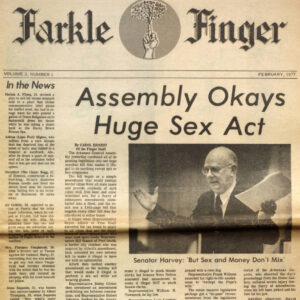 Farkle Finger
Farkle Finger
 Farkle Finger
Farkle Finger
Farkleberry Follies
Farm Resettlement Projects
aka: Resettlement Administration
aka: Farm Security Administration
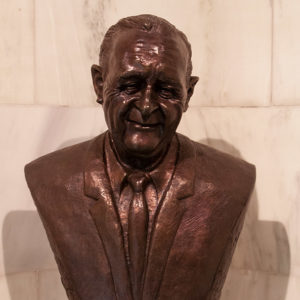 Faubus Bust
Faubus Bust
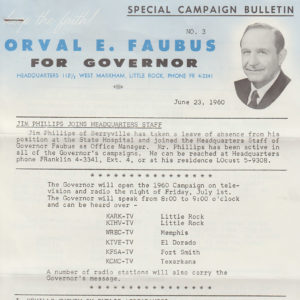 Faubus Newsletter
Faubus Newsletter




